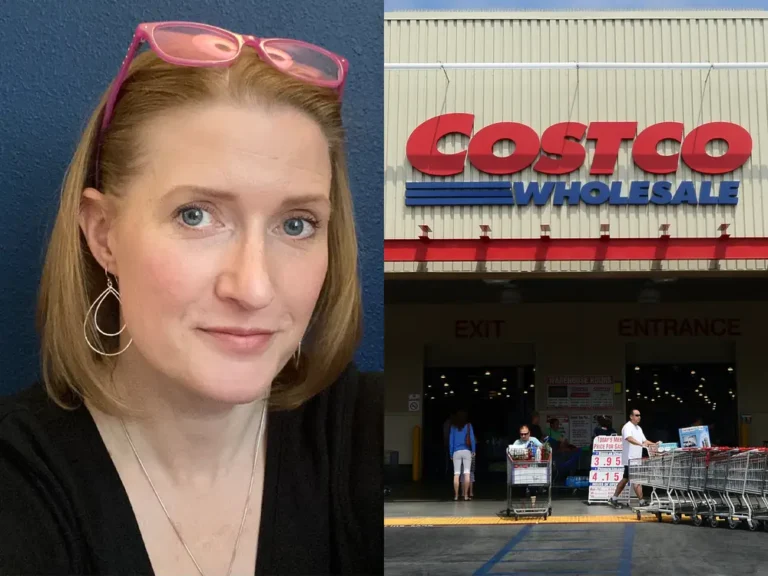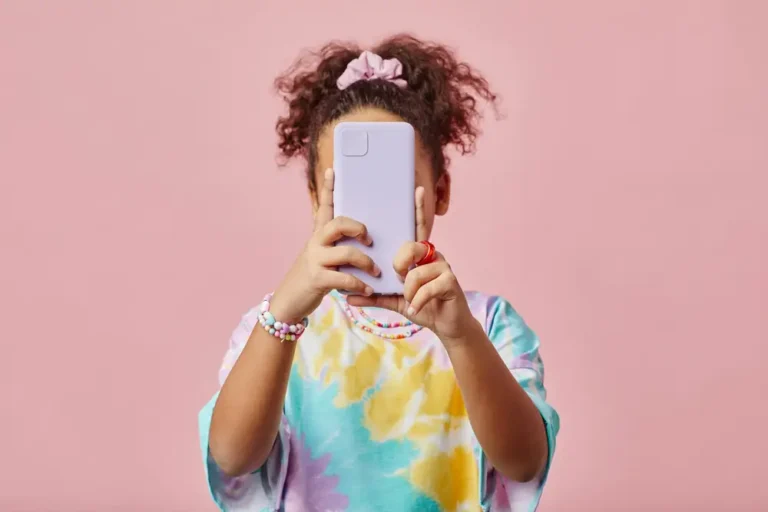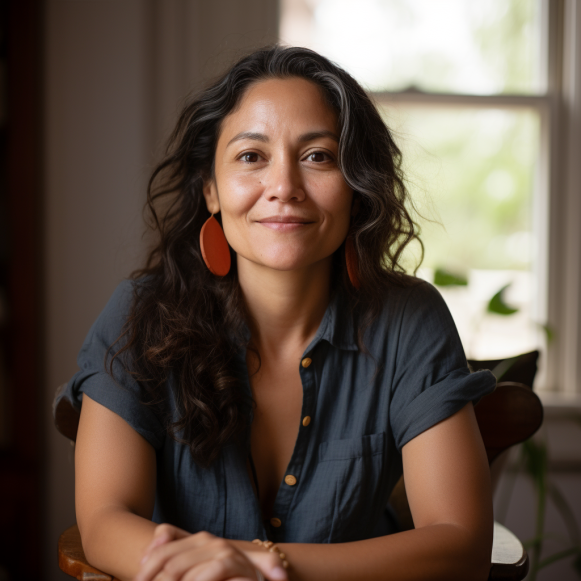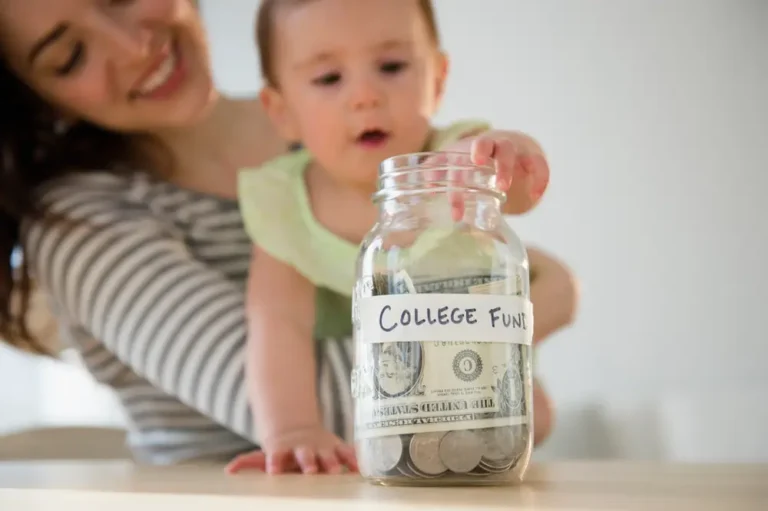Elias: Newsom-DeSantis debate may mean more in 2028 than 2024
Neither a likely presidential contender a year from now, so both need to cement roles as party leaders
Consider the following political facts for a moment: California Gov. Gavin Newsom is one of President Biden’s most ardent supporters, and it may be too late for Biden to withdraw from next year’s campaign. Another example: Newsom’s final term as governor ends almost two years before the next presidential election.
So Newsom must have realized early on that if he wants to be president, he must establish himself as a major national Democratic figure outside of the office he currently holds. That’s the context for his ostensible upcoming debate with Florida’s Republican Gov. Ron DeSantis, who must now be aware that he, too, will not be running for president at this time next year, and that if he ever wants to be president, he may need to survive as a major party figure outside of his current office.
This is the context for the Newsom-DeSantis debate, which has been agreed upon by the Californian and Floridian, with only a few minor details remaining to be worked out. Newsom wants the debate to take place in an empty Fox TV studio with no audience.
DeSantis wants a live audience at the debate, with cheering permitted, if not encouraged. Perhaps he believes he will appear more credible if his supporters yell louder than Newsom’s. DeSantis prefers short videos at the start of the debate, while Newsom prefers four-minute opening statements.
These demands could be mistakes by DeSantis, who has been known to make mistakes when under duress. The differences are minor if DeSantis does not try to use them to back out of the debate he agreed to right after Newsom issued his challenge on July 28.
Of course, Newsom was delighted to use DeSantis as a prop in his bid to become a Democratic symbol. So, what will these men argue about in their meeting, which is likely to take place in Georgia, the lone state on both men’s wish lists?
The handling of the COVID-19 pandemic by both governors is likely to come first, with Newsom closing down most businesses in his state while DeSantis left almost everything open in Florida. Newsom mandated masking in most public places, whereas DeSantis signed legislation prohibiting masking requirements.
DeSantis will boast that the viral invader had little financial impact on Florida, whereas Newsom will claim that Florida saw approximately 40,000 more COVID deaths than if it had followed his model. If those are their claims, they are both correct. The question will be whether the extra Florida deaths were worth the money saved.
Censorship will then be implemented. DeSantis took a strong stance against the Walt Disney Company, his state’s largest employer through Orlando’s Disney World, after the company vocally opposed Florida’s year-old law prohibiting LGBTQ classroom discussion below the fourth grade. In California, there is no such prohibition.
Florida also prohibits certain books in schools, and Newsom has promised to crack down on a Southern California school district that is attempting to emulate Florida’s plan.
Republicans like to claim that Democrats restrict free speech through the so-called “cancel culture,” which they claim deprives audiences of viewpoints that are not politically correct. Democrats respond that Democratic states do not prohibit certain topics from being taught in public schools or prohibit the sale of books, whereas Florida and some other Republican-led states do.
As a result, this could devolve into a conflict along the lines of the culture wars that have widened what was already a major schism among Americans. If it does, Newsom will be expressing views that polls show are popular among Democratic voters across the country, while DeSantis will be doing the same for Republicans.
All of this means that this debate will outperform Newsom’s repeated ad campaigns in Texas and Florida in terms of raising his national party’s profile. It’s possible that it will do the same for DeSantis, who has struggled to articulate his views in the early stages of this year’s presidential campaign.
In short, this debate is unlikely to shape next year’s election, but it may draw some lines for a 2028 election if either or both men become symbols of their respective parties’ futures.






